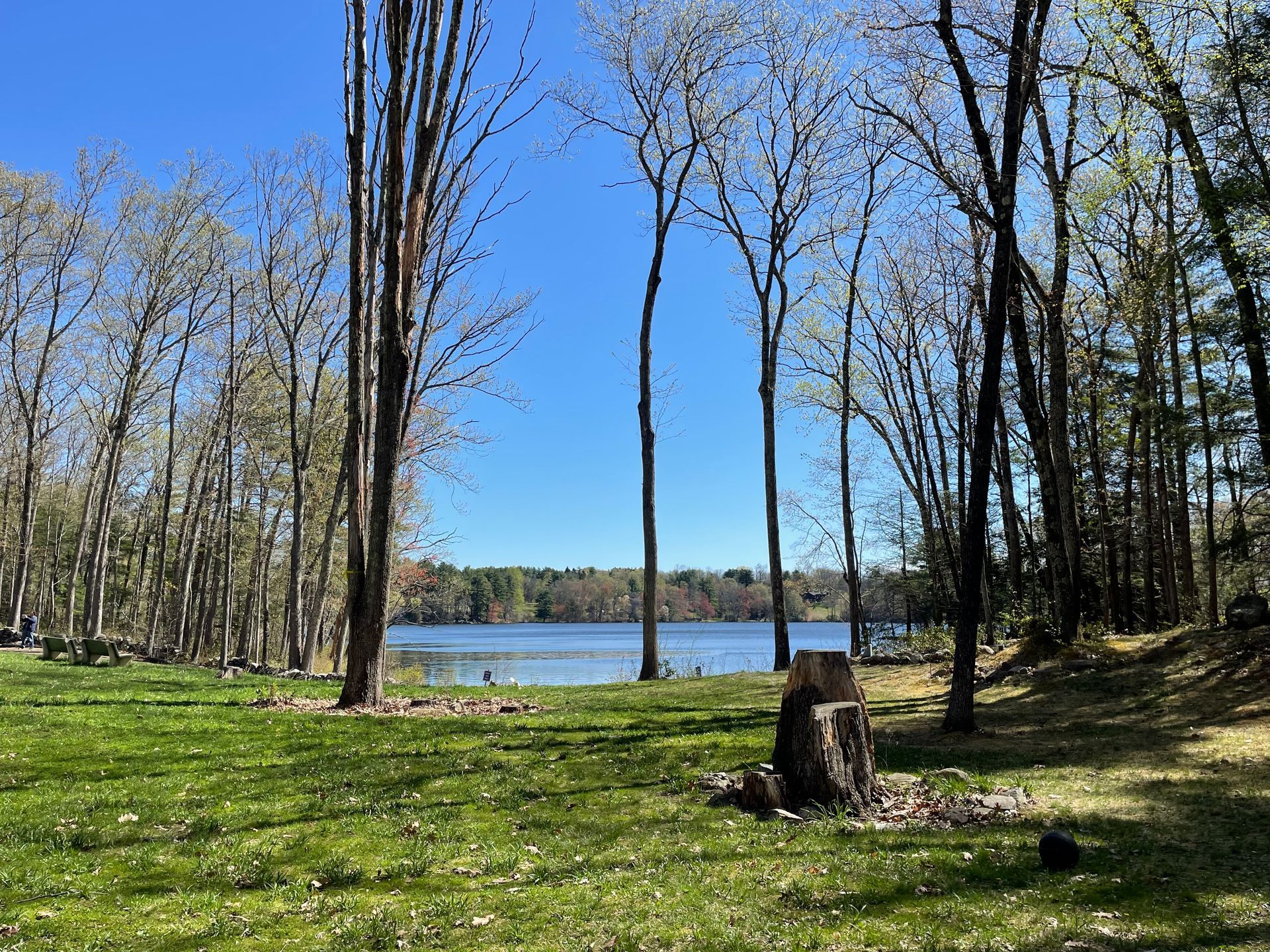Blog
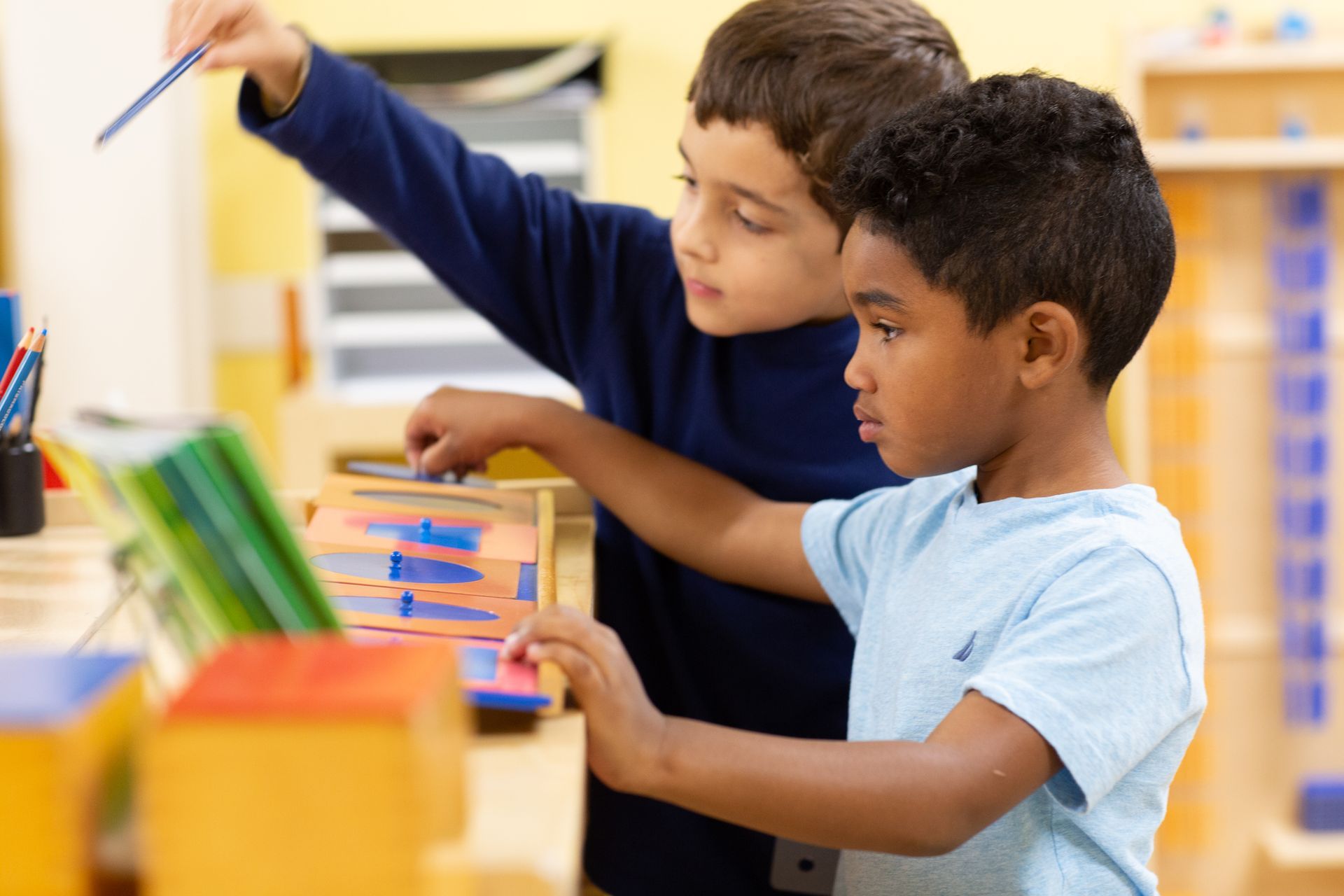
When you first step into a T.E.C. School’s Montessori classroom, you might notice something wonderfully unique: children of varying ages learning and working together in the same space. It's a hallmark of our approach, and visitors often ask us: "How can children with such different sizes and abilities all be supported, challenged, and thrive in one dynamic community?" The answer lies in one of the deepest secrets of Montessori pedagogy, a simple yet incredibly effective approach: the "three-year cycle." This cycle is a foundational element that underpins our holistic mission, including our vibrant STEAM curriculum, ensuring every child finds their footing, grows with purpose, and ultimately blossoms.
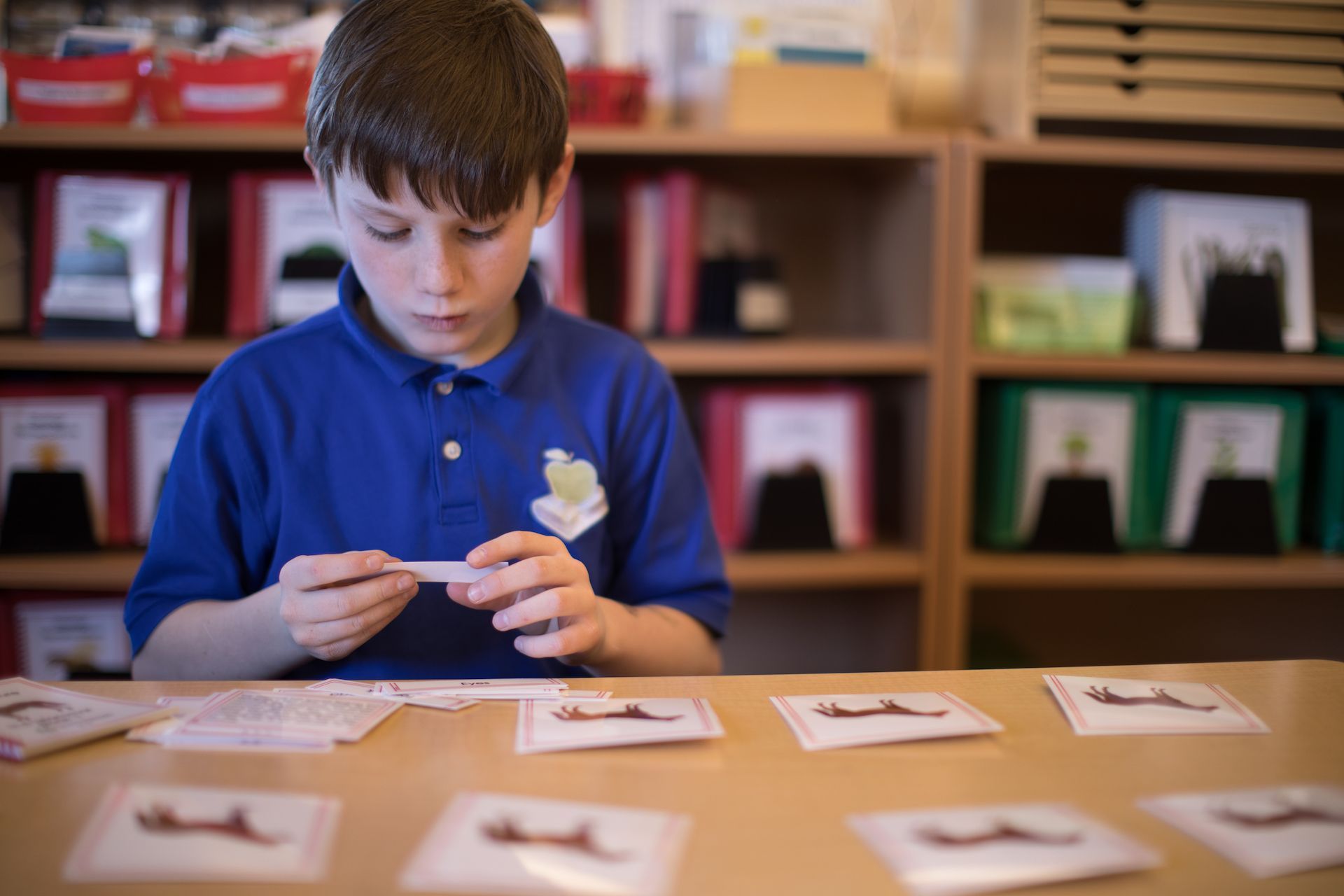
"The child is both hope and promise for mankind." – Maria Montessori As parents, don't we all yearn for our children to not just succeed, but to thrive? To grow into individuals who are not only capable and intelligent but also compassionate, resilient, and ready to contribute positively to the world? When you look at your child, do you see the vast, untapped potential, the bright spark of curiosity, and wonder how best to nurture it into a fulfilling future?
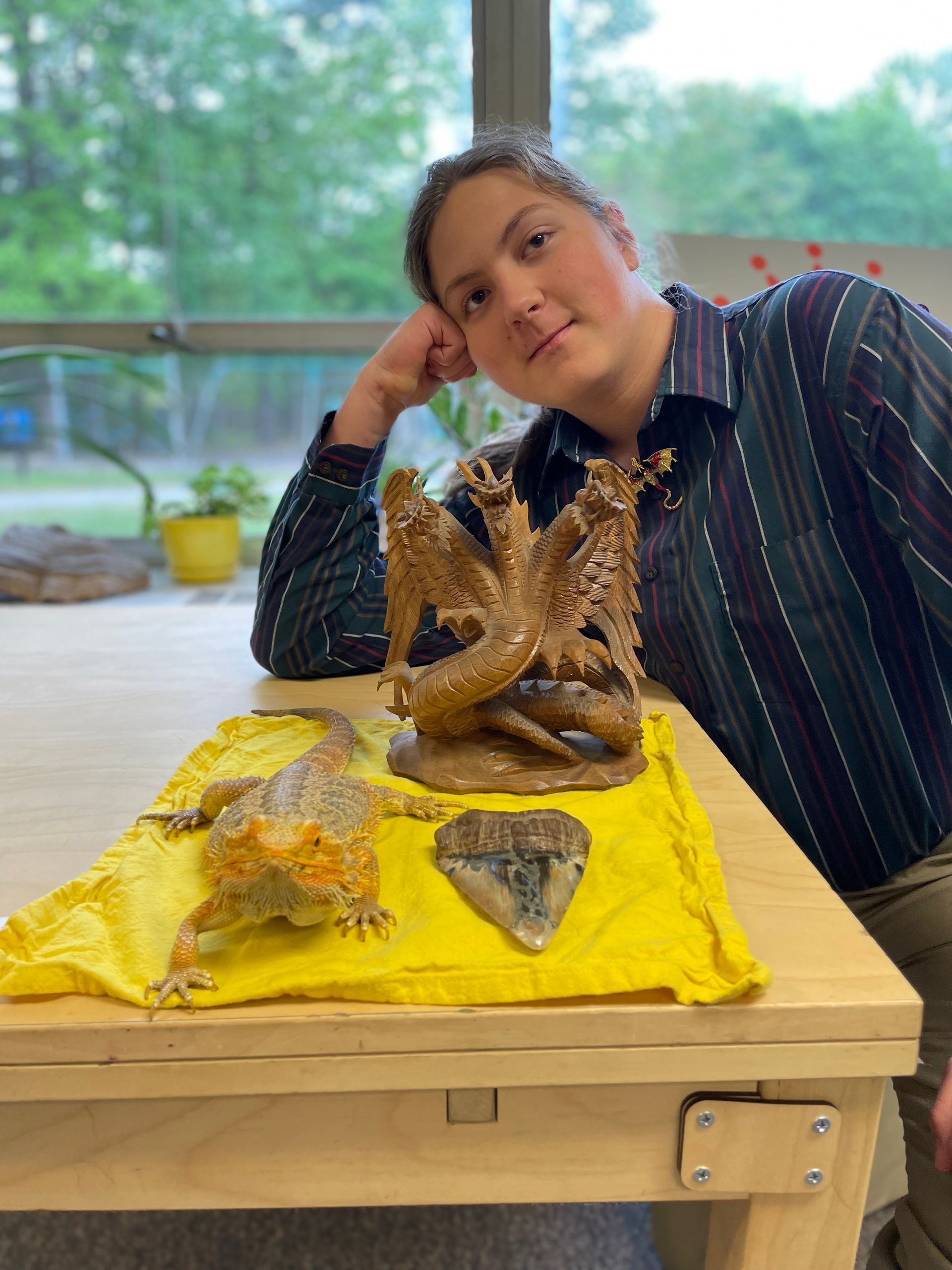
At The T.E.C. Schools, the Capstone Project isn't just an event; it's a hallmark Montessori tradition, signifying the pinnacle of our students' academic and social skills achievements. While we do conduct standardized tests – because, yes, they have their place in showing a snapshot of certain knowledge – the Capstone Project brings forth a whole universe of skills not measurable on a multiple-choice bubble sheet.
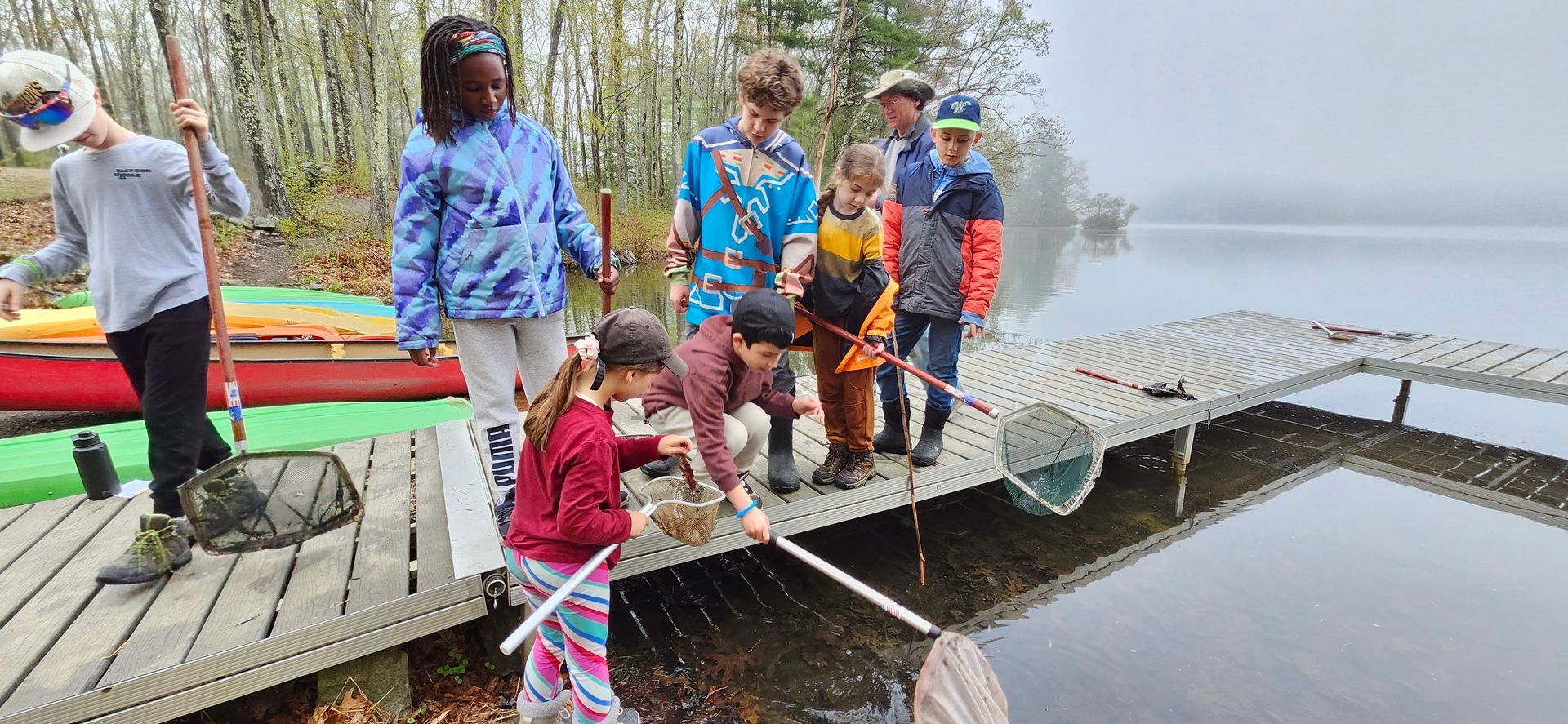
Often, when parents consider The T.E.C. Schools, a question arises: how do students thrive in a mixed-age group? In traditional education, students are typically grouped strictly according to their age. However, at The T.E.C. Schools in Worcester, we embrace the traditional Montessori model of multi-age classrooms. This approach, where younger and older students learn alongside one another, fosters a unique dynamic. But how does it work in practice, and how do friendships transcend the typical age barriers? Our recent third-year students' experience at Nature's Classroom offers a beautiful illustration. ~Blog by Christine Owings
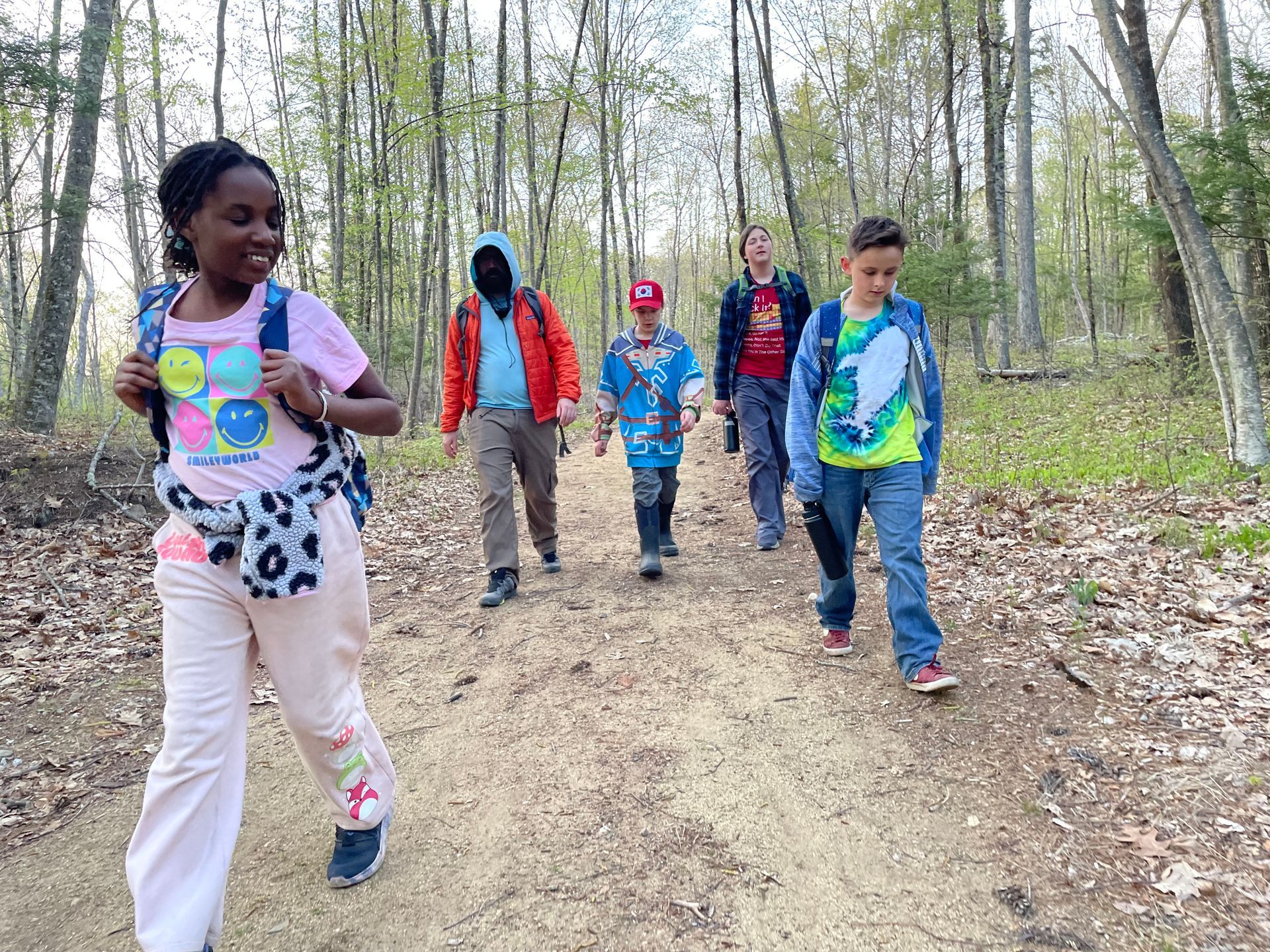
During my tours with prospective parents, I often pose a simple yet profound question: "What are your deepest hopes for your child as a 25-year-old returning home for the holidays?" The answers, while varied in phrasing, consistently echo the same core desires. "I want my child to be independent and happy." "Mature, confident and able to take care of fundamental needs." "To be able to make right choices." Rarely do I hear aspirations solely focused on a specific profession like artist, doctor, or engineer. The overwhelming desire is for a wholesome adult, embracing life with joy and capability.
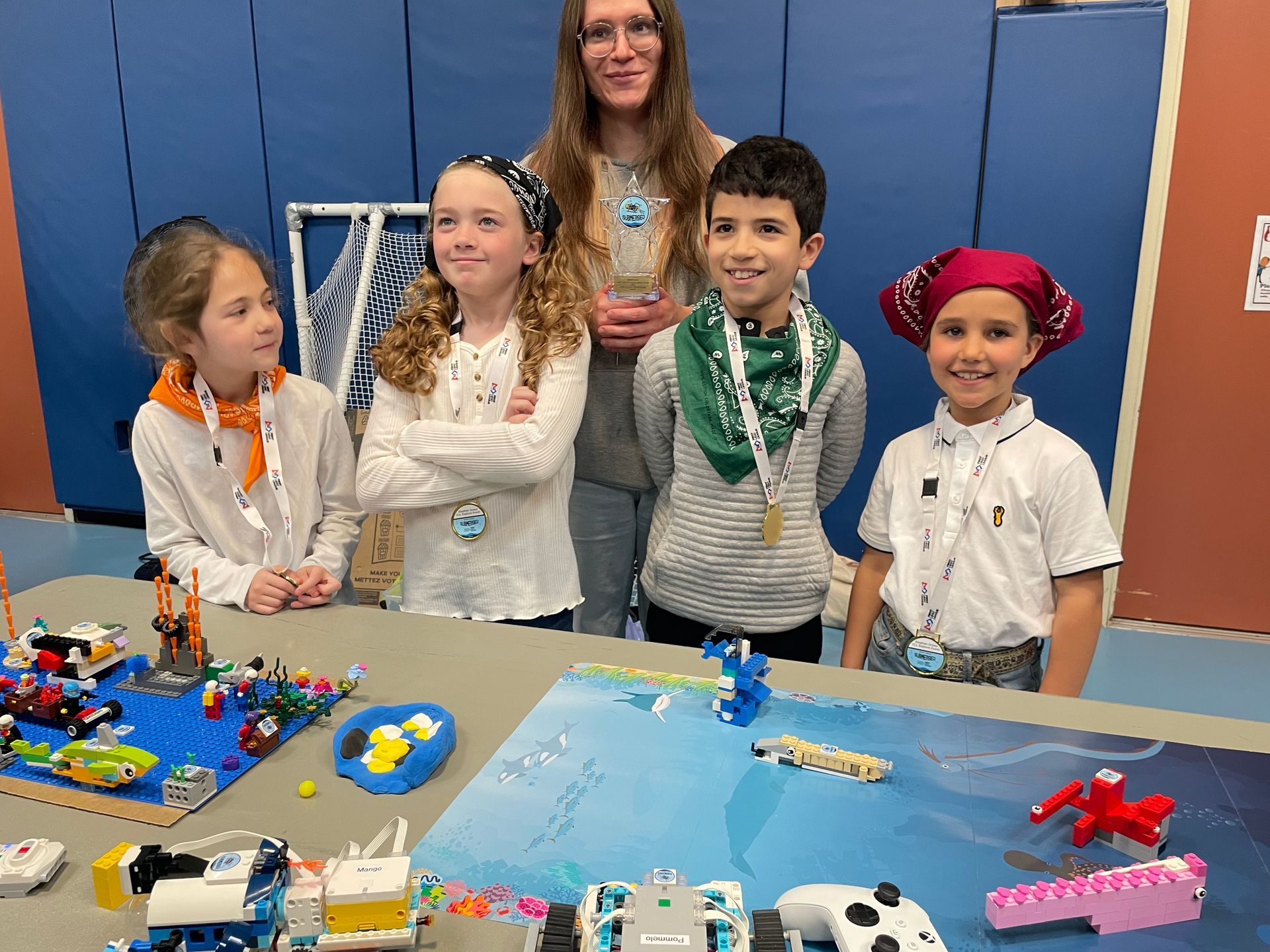
At T.E.C. Schools, we empower our students to become the problem-solvers, collaborators, critical thinkers, and confident presenters of tomorrow. And this year, our 3rd-grade team, The T.E.C. Explorers, exemplified this vision in a truly spectacular way! We are thrilled to celebrate their outstanding achievement at the First Lego League (FLL) tournament, where they won the coveted "Sturdy as a Rock" award.
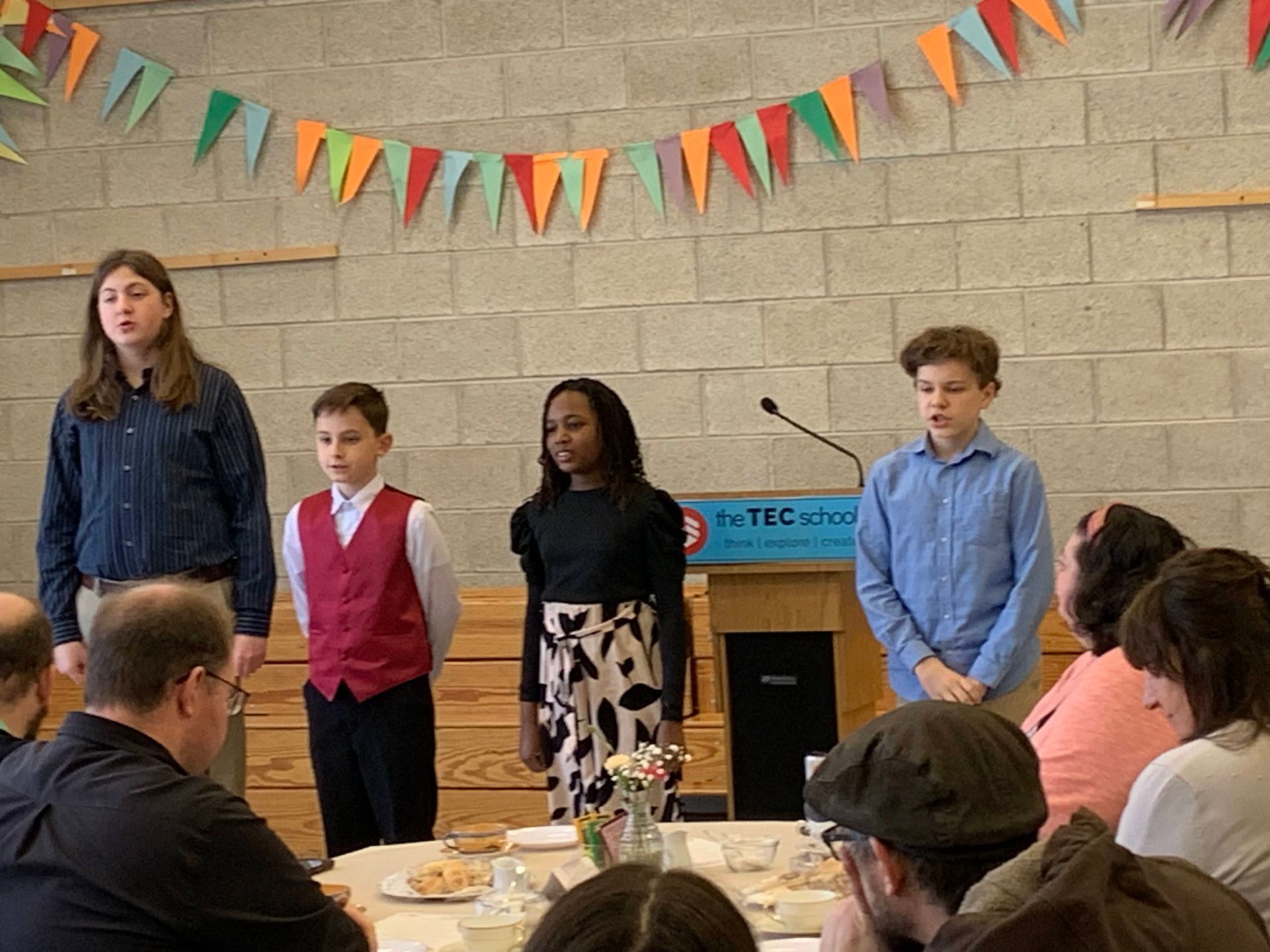
At The T.E.C. Schools, we believe that language is more than just a tool for communication; it is the very fabric of thought, emotion, and connection. Woven deeply into our curriculum is the study and celebration of poetry, a powerful art form that allows us to explore the vast landscape of the human experience. From the earliest rhymes whispered in our Children's House to the complex verses analyzed in our Middle School, poetry holds a vital place in shaping our students' hearts and minds.
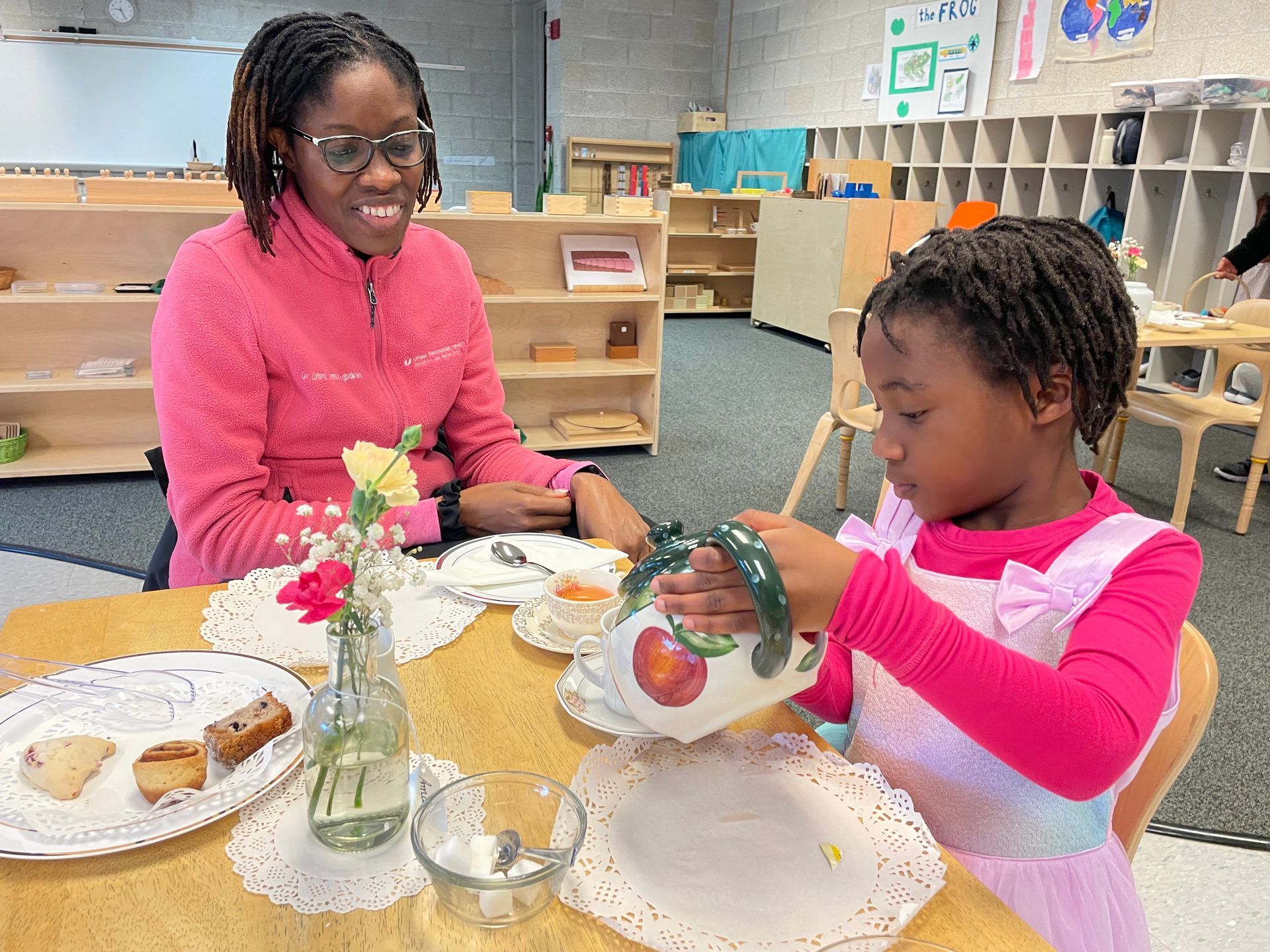
Step into our Montessori classroom, and you'll often witness a scene of quiet concentration around a small table. Children, with focused intent, are carefully preparing tea. To the casual observer, it might seem like a charming domestic activity. But as we delve deeper, we discover that this tradition of tea making is a powerful microcosm of the entire Montessori philosophy, brewing far more than just a warm beverage.
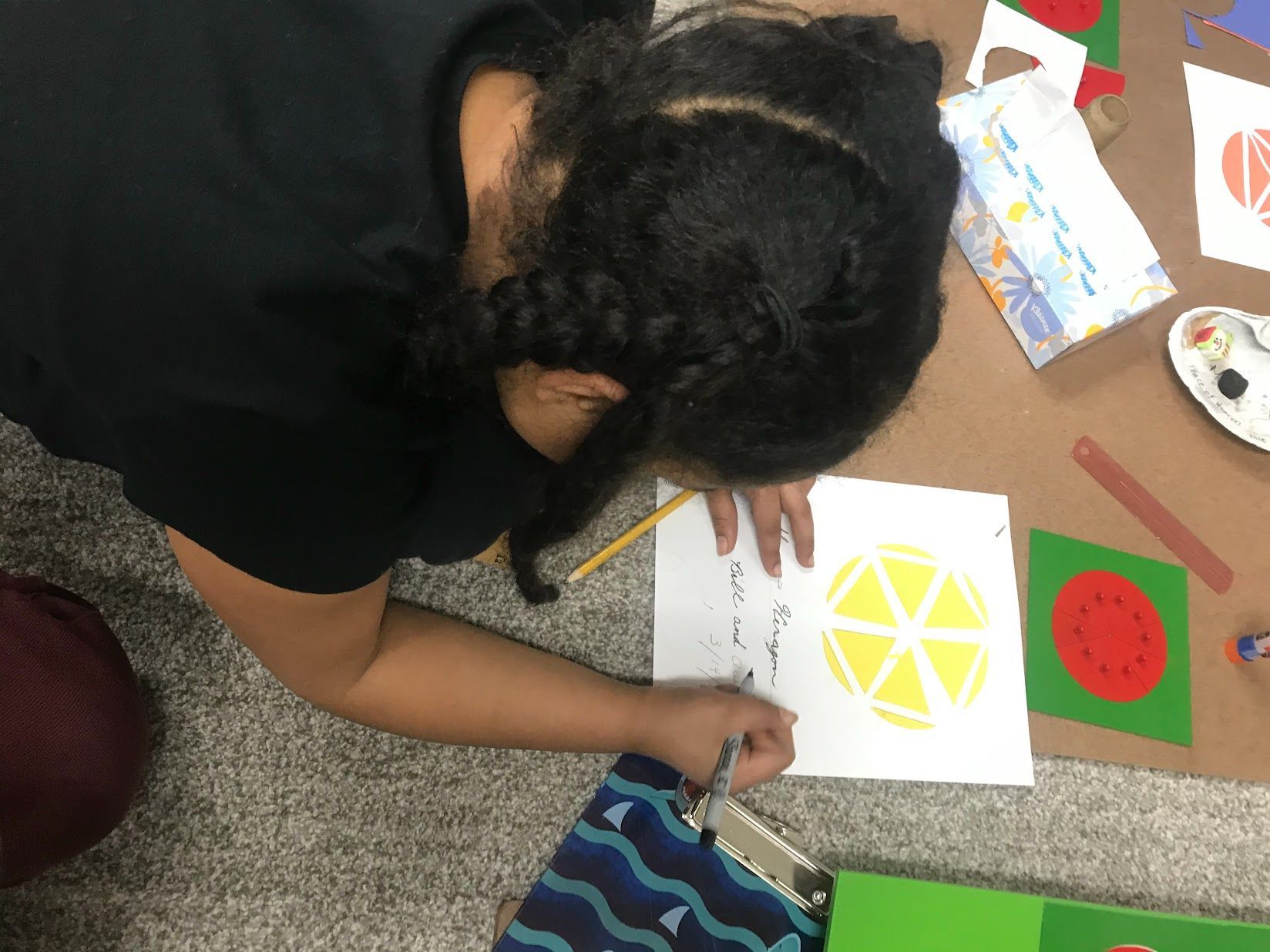
From Segments to Squares: Deriving the Area of a Circle and Reflecting on a Montessori Circle Week. The culmination of Circle Week is a profound exploration of deriving the formula for the area of a circle. This activity bridges the gap between hands-on manipulation and abstract mathematical understanding, guided by Montessori principles.

